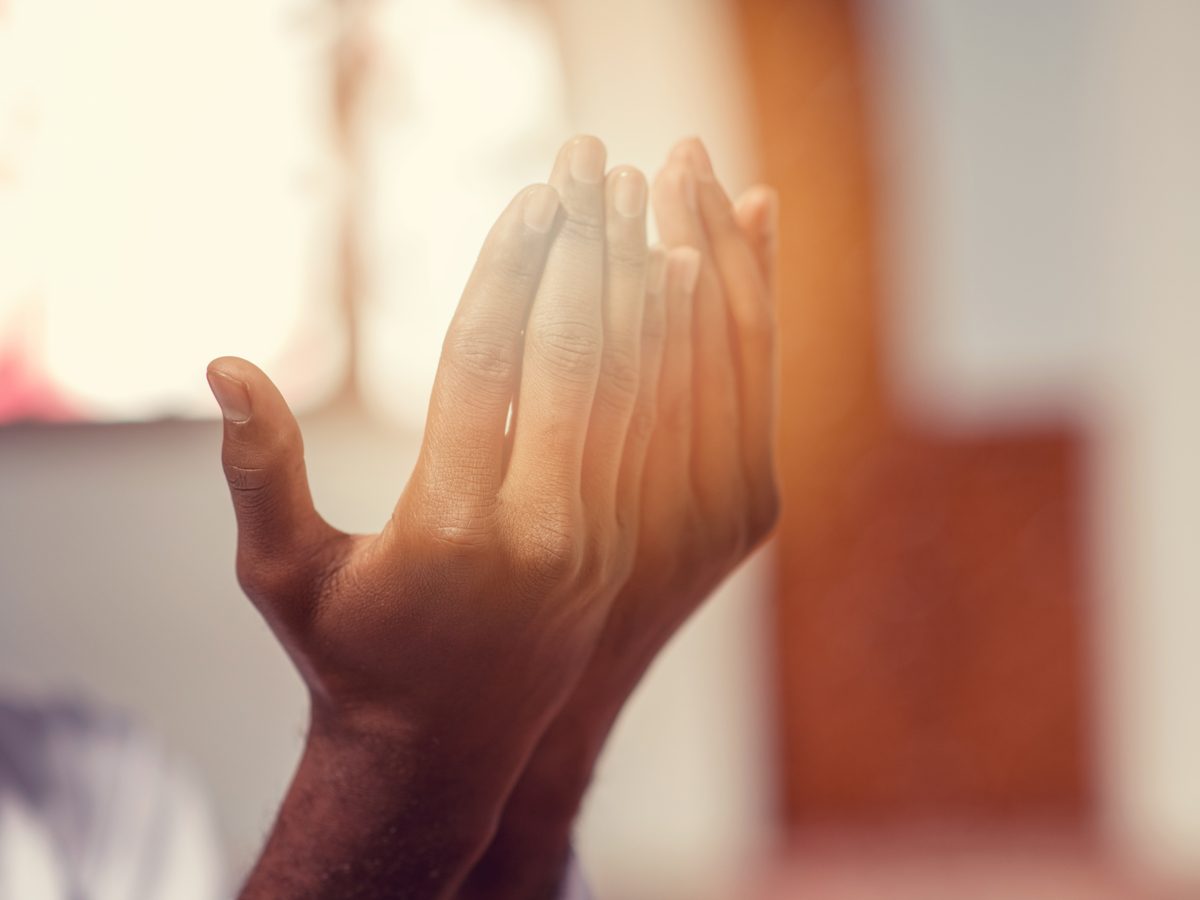Celebrating Muslim Traditions with My Chosen Family
Now that I know I can be both trans and Muslim, I can’t wait for COVID-19 to pass so that I can go back to mosque.

Me and My Chosen Family
In 2012, I came out as trans to my close friends. I was 21 years old, had moved to Montreal three years prior and was forging my own identity as an adult. At the same time, my relationship with my family was growing strained—our values and our beliefs about our Muslim faith didn’t always align. In 2017, I cut ties with most of my relatives.
Around December I would often miss one of my favourite Ismaili Muslim traditions. Ismailism is a sect of Shia Islam—there are about 80,000 of us in Canada—and every year on December 13, my community would gather in a high school cafeteria close to our mosque to celebrate Salgirah Khushali, the Aga Khan’s birthday. After prayers, we put on a big, flamboyant show. People performed Bollywood dances, comedy skits, even lip-synchs to Top 40 songs. In fact, the first time I ever saw someone in drag was when, on this holiday, a girl dressed as a boy for a rendition of TLC’s “No Scrubs.”
Two years ago, I realized I didn’t have to give up this tradition and decided to celebrate with my chosen family—four friends and my girlfriend, all of whom I met at university. They’re not Ismaili, but on December 13, we make a playlist of Bollywood and Christmas songs that we blast while we decorate a tree at my apartment. Then my girlfriend and I pose for a photo shoot—one that includes our terrier mix, Katya, dressed in a Santa hat.
Now that I know I can be both trans and Muslim, I can’t wait for COVID-19 to pass so that I can go back to mosque—this time worshipping on the men’s side.
Next, learn about how a house party inspired a support network for trans women.



